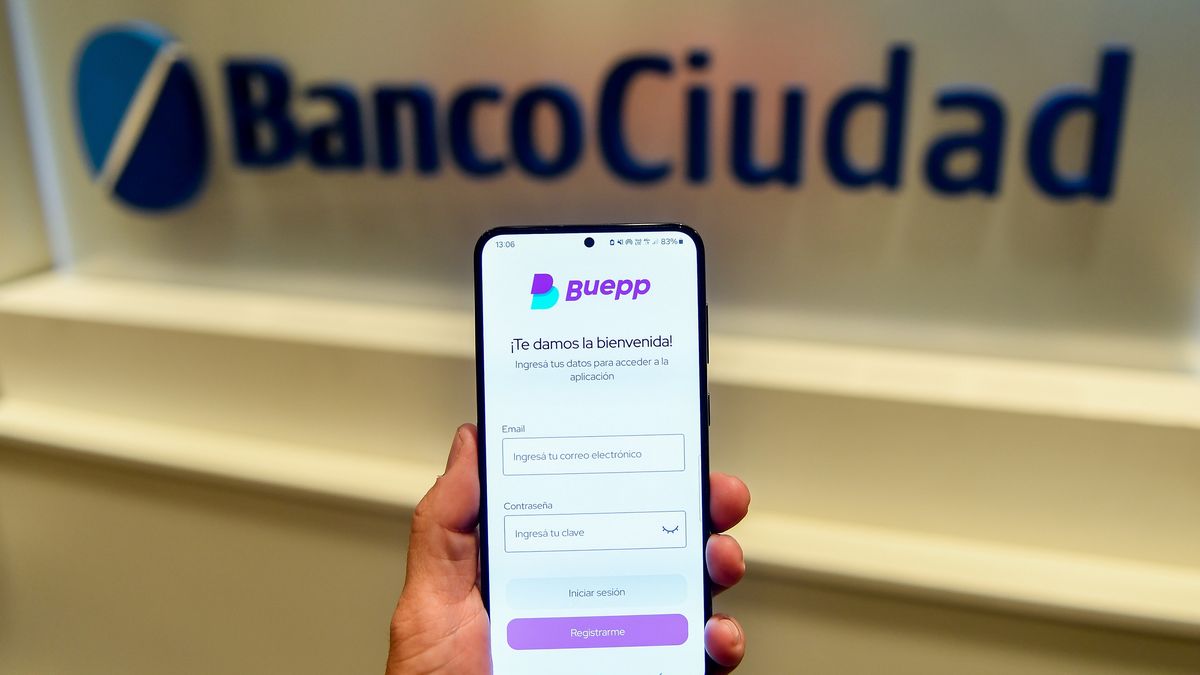In 2015, Argentina was not Eden, but what was done during Macri’s presidential term had no point of comparison. It was logical the claim of the businessman Belocopitt, who had made a wedged placement for a fee, could not resist being fitted into a playpen. In addition, – Who guaranteed that the return period would be met, if it was most likely that those who governed would leave? – Swiss Medical’s had been a genuine method of defending the pesos of a service company that temporarily had surpluses-for short terms-in an inflationary economy. If they did not issue the decree, they forced him to default on his payments, having the funds to pay.
Macri was leaving, with a blue dollar, new corralitescas versions and, leaving an extraordinary debt with the IMF. We fell into default again, “the stocks” were reinstated for the purchase of foreign currency, income from exports and capital outflows. Macri ended the mandate resembling his own Venezuelan evocations, without collectivism, or socialist Armed Forces. For the Guinness world record. That young man who asked the mare for dollars to go to Punta del Este was not going to be able to buy freely.
Less than two decades after the political, economic and social crisis of 2001, a return with an undeniable end was perceived. In 2016, unquestionable conformities had been patented regarding the conditions for the naturalization of financial and corporate dominance promoted and associated with the technopols: Prat Gay, Sturzenegger, Dujovne, Melconián, Bullrich, Frigerio, Lombardi, Sicca, Lacunza, González Fraga, etc. .
After the depoliticizing wave of the nineties, the South American region had to reverse a set of influences promoted by multilateral credit organizations to promote structural changes that transformed the political scenario. That time satisfied the same characteristic and symbolic links that returned with Pineda, Macri, Bolsonaro and Lenin Moreno. A puny political culture, characteristic of societies that have been subjected to many decades of interruptions by democratic governments. It had functional representatives to financial dominance, and a public space-marketized by the same environment that preceded the Argentine crisis of 2001.
Since 2015, in both Brazil and Argentina, prevailed the general idea of corruption, as a way to discredit popular party politicians, who had achieved economic-social transformations of magnitude. It is that, through propagation mechanisms, the questioning of a sector of society that was still in the phase of political-cultural consolidation was achieved. This is how the crack was easily createda functional crack of relations between populism and a broad sector of the citizenry.
They forgot that after the 2001 crisis, the solutions that appeared sustainable for large sectors of society, paradoxically came hand in hand with those they hated in 2015. These policies contained coherent arguments, which did not appeal to the markets and multilateral organizations of credit, but to national and regional political representations. At the same time, they reduced the influence of the architects like the IMF, which preceded the 2001 crisis, replacing them with alternative forms of economic organization.
What was the logic of the macrista policy?
The attempt to naturalize a business and financial democracy that would decide how and when something passed through Congress or not, a financial agreement or a legal regulation. The decision-making methodology of these actors provided management of rarefied businesses. Many mechanisms supposedly destined to improve the potential of integration to the world, established their own base of political legitimacy. Curiously, it was the same designated actors who had now caused the disarticulation and loss of internal and external coherence.
The members of the best team of the last 50 years became key players in the political reforms carried out in the country. They did with Elisa Carrió and the residual UCR; much emphasis on the incorporation of institutional procedures that informally depoliticized politics with operations, and at the same time, consolidated the leadership of the concentrated sectors, through technocrats, managers and businessmen. With the decision-making capacity delegated by the popular vote to the red circle and a representative deputy president, the twilight of a heralded resurrection of republicanism became.
Likewise, in Argentina, this method of governing from corporations and finances was conceived as an appropriate alternative way for the remnant of traditional political parties to perfect itself. the slogan: “back to the world”. They were in charge of representing the exogenous recommendations to adequately organize the country, not according to the interests of the inhabitants and the State, but to perfect a global performance, behind the backs of ordinary citizens.
However, the proposal as the device of a great peripheral machinery, had discovered embarrassing objectives at the last moment. They created a power dependent on finances, alleging that the opposition’s politics, with its corrupt practices, resided far from the transparency and integrity that the citizenry demanded.
According to the perception of the Cambiemos alliance, professionalization would contribute to mitigating contaminated trends and would transform them into a “normal country” – that meets certain standards of global coexistence, of a covert financial common sense – that coexists without difficulties with a world that should benefit to the citizens.
There was a mechanism of political marketing persuasion that diffused actors and institutions, as part of a combination of other skills provided by network technology and call centers, obviously necessary participants. Everything was anchored in the assumption that the admission of new managing actors, businessmen and technicians, citizen mediators, would make the relationship of citizen representation more transparent. Prolonging this hypothesis, successful business candidates were presumed, who would not owe their popular mandate to a party that would limit them doctrinally. That is why it was possible to exercise a programmatic plasticity in decision-making, involving marches and counter-marches.
In short, it was a pernicious experience that mutilated the sovereign attributions emerging from the popular will and destroyed the capacity to manage the mandate received. Of course, the president was legitimately elected by vote, but delegitimized for violating acquired rights and making the citizens suffer the consequences of his acts.
Director of the Hope Foundation. https://fundacionesperanza.com.ar/ Graduate Professor UBA and Masters in private universities. Master in International Economic Policy, Doctor in Political Science, author of 6 books
Source: Ambito
David William is a talented author who has made a name for himself in the world of writing. He is a professional author who writes on a wide range of topics, from general interest to opinion news. David is currently working as a writer at 24 hours worlds where he brings his unique perspective and in-depth research to his articles, making them both informative and engaging.




